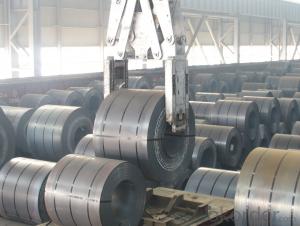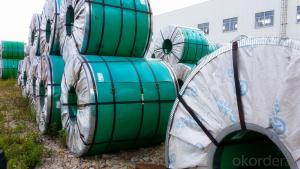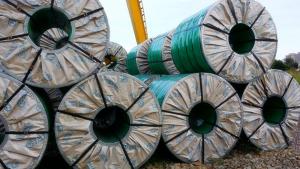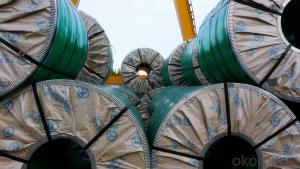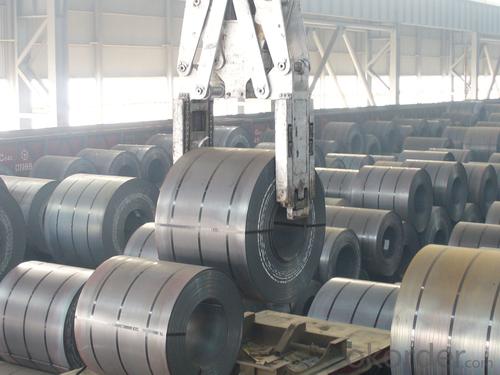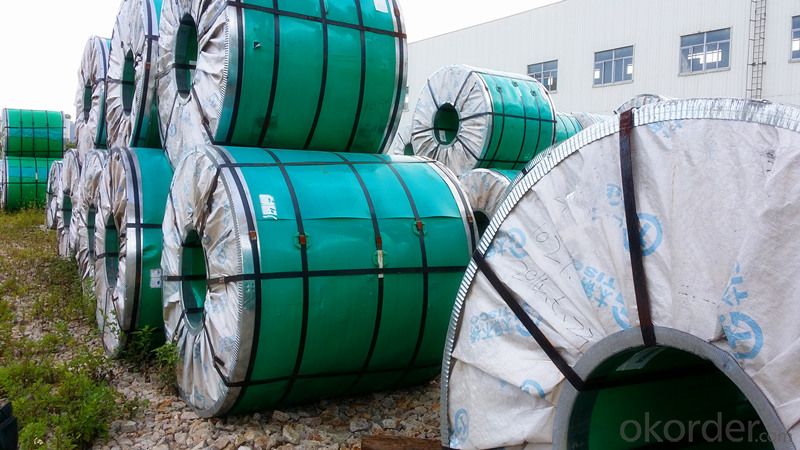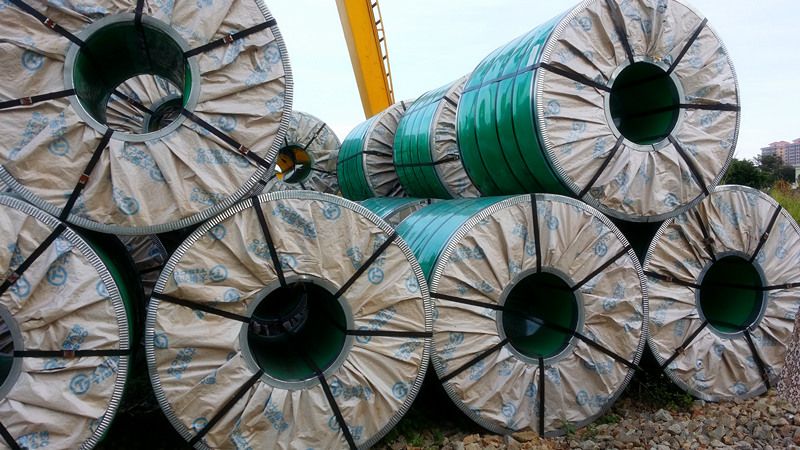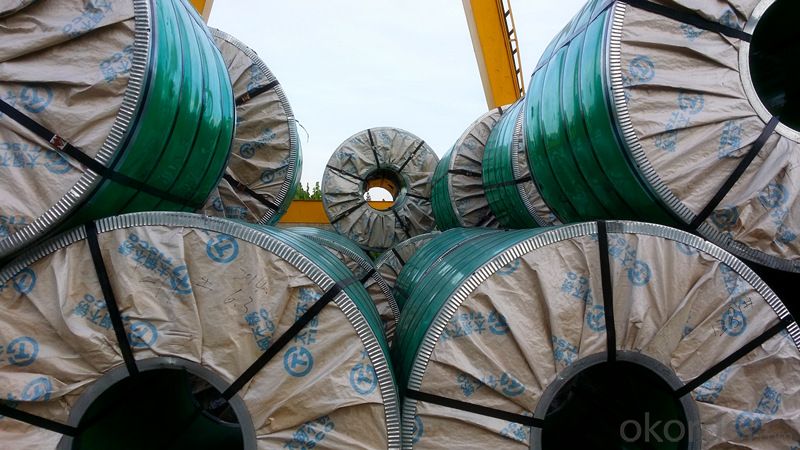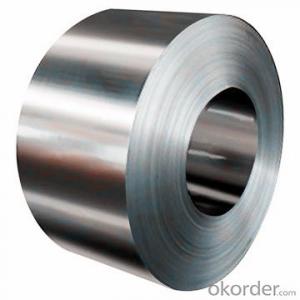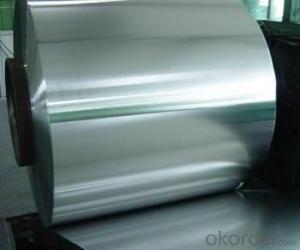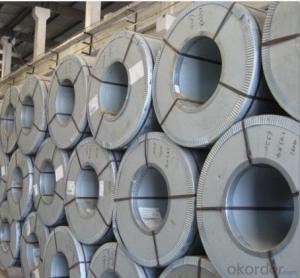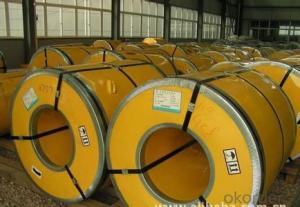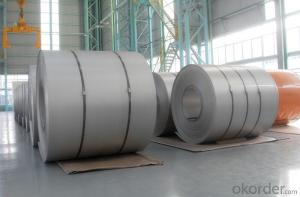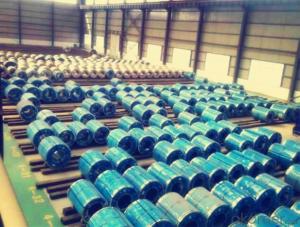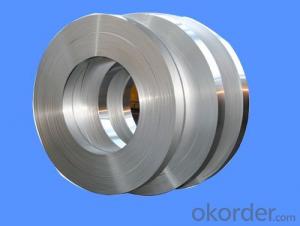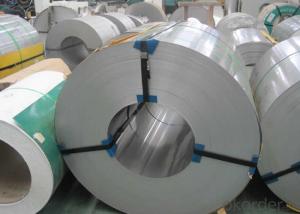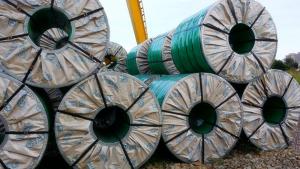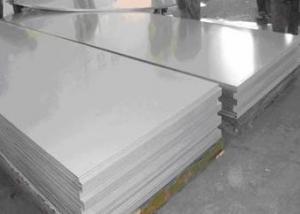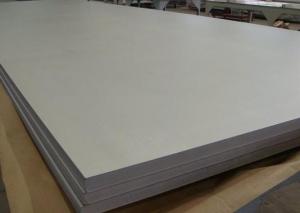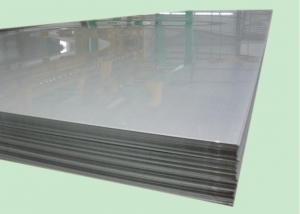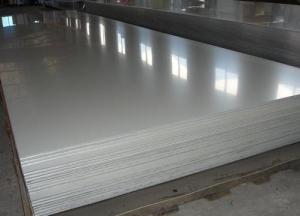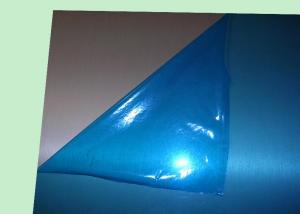Hot Rolled Stainless Steel Coil 430 Annealing and Pickling No.1 Finish
- Loading Port:
- Guangzhou
- Payment Terms:
- TT OR LC
- Min Order Qty:
- -
- Supply Capability:
- 5000 m.t./month
OKorder Service Pledge
OKorder Financial Service
You Might Also Like
Grade: | 400 Series | Standard: | JIS,AISI,ASTM,GB,DIN,EN | Length: | Coil |
Thickness: | 2.5mm,3.0mm, 4.0mm | Width: | 1000mm, 1219mm, 1240mm, 1500mm | Place of Origin: | China Mainland |
Brand Name: | CNBM | Model Number: | 430 | Type: | Coil |
Application: | Element Supports,Stove trim rings,Fasteners,Chimney Liners | Certification: | ISO | Certificate: | ISO9001:2008 |
Surface: | No.1 | Technique: | Hot Rolled | Experience: | About 20 years |
Stock Information: | In stock | Weight per coil: | 18-22 tons | Tolerance: | +/-0.1mm or less |
Model No.: | 430 |
|
|
|
|
Hot Rolled Stainless Steel Coil 430 Annealing and Pickling No.1 Finish
Article | Hot Rolled Stainless Steel Coil 430 |
Grade | 400 series |
Specification | 1m, 1.2m, 1.5m |
Surface | No.1 |
Type | Sheet / Coil |
Width | 1000mm, 1219mm, 1240mm, 1500mm |
Thickness | 2.5mm,3.0mm, 4.0mm |
Brand name | CNBM |
Parking | seaworthy wooden pallets or wooden cases,in 20' or 40' container or as per customers' requirements |
Payment | 30% in advance,70% after shipping, or L/C at sight |
Delivery Time | Stock materials, within7-15 days after received the deposit of T/T or L/C |
Hot Rolled Stainless Steel Coil 430 Annealing and Pickling No.1 Finish
Grade | C | Cr | Si | Mn | Mo | Ni | P | S |
| Max |
| Max | Max |
| Max | Max | Max |
430 | 0.12 | 16.0-18.0 | 0.75 | 1.00 | ----- | 0.6 | 0.04 | 0.03 |
- Q: 301 stainless steel belt and 304 stainless steel belt, which quality is good?
- You can be responsible to tell you, 304 to better stainless steel, the amount of nickel will be on the 304 to more than 301
- Q: Are 111 stainless steel strips suitable for food processing equipment?
- Yes, 111 stainless steel strips are suitable for food processing equipment.
- Q: Can stainless steel strips be used in the automotive exhaust system industry?
- Yes, stainless steel strips can be used in the automotive exhaust system industry. Stainless steel is known for its high corrosion resistance and durability, making it an ideal material for exhaust systems that are exposed to extreme heat and various environmental conditions. Additionally, stainless steel strips can be easily formed and welded, making them suitable for manufacturing exhaust components such as pipes, mufflers, and catalytic converters.
- Q: Are stainless steel strips resistant to stress corrosion cracking?
- Yes, stainless steel strips are generally resistant to stress corrosion cracking due to their high levels of chromium and nickel content, which form a protective oxide layer on the surface, preventing the penetration of corrosive agents.
- Q: How do stainless steel strips perform in cryogenic conditions?
- Stainless steel strips are known for their excellent performance in cryogenic conditions. The low thermal expansion coefficient of stainless steel allows it to maintain its structural integrity and dimensional stability even in extremely low temperatures. This makes stainless steel strips highly suitable for applications in cryogenic environments where other materials may become brittle or lose their properties. Additionally, stainless steel has excellent corrosion resistance, which is crucial in cryogenic conditions where condensation and exposure to moisture can occur. The high levels of chromium in stainless steel provide a protective oxide layer that prevents corrosion and maintains the material's durability and performance. Furthermore, stainless steel strips exhibit good mechanical properties even at low temperatures. They retain their strength and ductility, allowing them to withstand the stresses and strains experienced in cryogenic environments. This makes stainless steel an ideal choice for applications such as aerospace, medical, and scientific equipment that operate in cryogenic conditions. Overall, stainless steel strips demonstrate exceptional performance in cryogenic conditions due to their low thermal expansion coefficient, corrosion resistance, and mechanical properties. They offer reliability, durability, and longevity, making them a preferred material choice for various industries requiring materials that can withstand extreme cold temperatures.
- Q: What are the different surface textures available for stainless steel strips?
- There are several different surface textures available for stainless steel strips, including brushed, polished, embossed, and patterned.
- Q: What are the different types of stainless steel strip edges?
- Various applications commonly utilize different types of stainless steel strip edges. These options include: 1. Mill Edge: Generated during the hot rolling process, this standard edge features a slightly rounded shape and may contain some mill scale. 2. Slit Edge: Achieved by slicing the coil into narrower strips, this edge is characterized by a straight form, smooth surface, and absence of burrs. 3. Deburred Edge: Formed by eliminating any burrs or sharp edges from the slit edge, this type provides a smoother and safer finish. 4. Rounded Edge: By rounding the strip's sharp edges, this edge is frequently employed in safety-conscious industries like food production. 5. Beveled Edge: Created through the beveling of the strip at a specific angle, this edge finds application in scenarios requiring a tight fit or welding. The selection of a stainless steel strip edge depends on the specific application and desired outcome. Each edge type possesses unique advantages and may be suitable for varying purposes.
- Q: Are stainless steel strips resistant to chemicals?
- Yes, stainless steel strips are generally resistant to chemicals. Stainless steel is known for its corrosion resistance, which is due to the presence of chromium in the alloy. The chromium forms a protective layer on the surface of the steel, making it resistant to oxidation and staining. This protective layer also helps to prevent the steel from reacting with chemicals and corrosive substances, thereby making stainless steel strips highly resistant to chemical damage. However, it is important to note that the extent of resistance can vary depending on the specific grade of stainless steel and the type of chemical it is exposed to. In some cases, certain chemicals or concentrations may still cause corrosion or damage to the stainless steel. Therefore, it is always recommended to consult with the manufacturer or a corrosion specialist to ensure the appropriate grade of stainless steel is chosen for specific chemical environments.
- Q: Can stainless steel strips be used in pharmaceutical industries?
- Stainless steel strips are indeed applicable for use in pharmaceutical industries. The pharmaceutical manufacturing sector favors stainless steel as an ideal material owing to its exceptional resistance to corrosion, remarkable strength, and enduring nature. It finds utility in diverse applications, including the fabrication of equipment, storage tanks, piping, and fittings. Stainless steel's ease of both cleaning and sterilization is of utmost importance in upholding impeccable hygiene standards and averting contamination within pharmaceutical production settings. Furthermore, stainless steel strips provide flexibility in terms of size, thickness, and surface finishes, rendering them perfectly suitable for fulfilling a broad spectrum of requirements within the pharmaceutical industry.
- Q: Can stainless steel strips be used in the production of jewelry findings?
- Indeed, the utilization of stainless steel strips is viable when manufacturing jewelry findings. The endurance and resistance to corrosion exhibited by stainless steel render it a highly favored option for crafting jewelry findings. In fact, stainless steel is frequently employed in the creation of clasps, jump rings, earring hooks, and bead caps, among other components. The malleability of stainless steel strips enables them to be conveniently molded, cut, and fashioned into diverse jewelry findings, thus rendering them suitable for an extensive array of designs. Moreover, the sleek and contemporary aesthetic of stainless steel contributes to its desirability as a sought-after material in contemporary jewelry.
Send your message to us
Hot Rolled Stainless Steel Coil 430 Annealing and Pickling No.1 Finish
- Loading Port:
- Guangzhou
- Payment Terms:
- TT OR LC
- Min Order Qty:
- -
- Supply Capability:
- 5000 m.t./month
OKorder Service Pledge
OKorder Financial Service
Similar products
Hot products
Hot Searches
Related keywords
